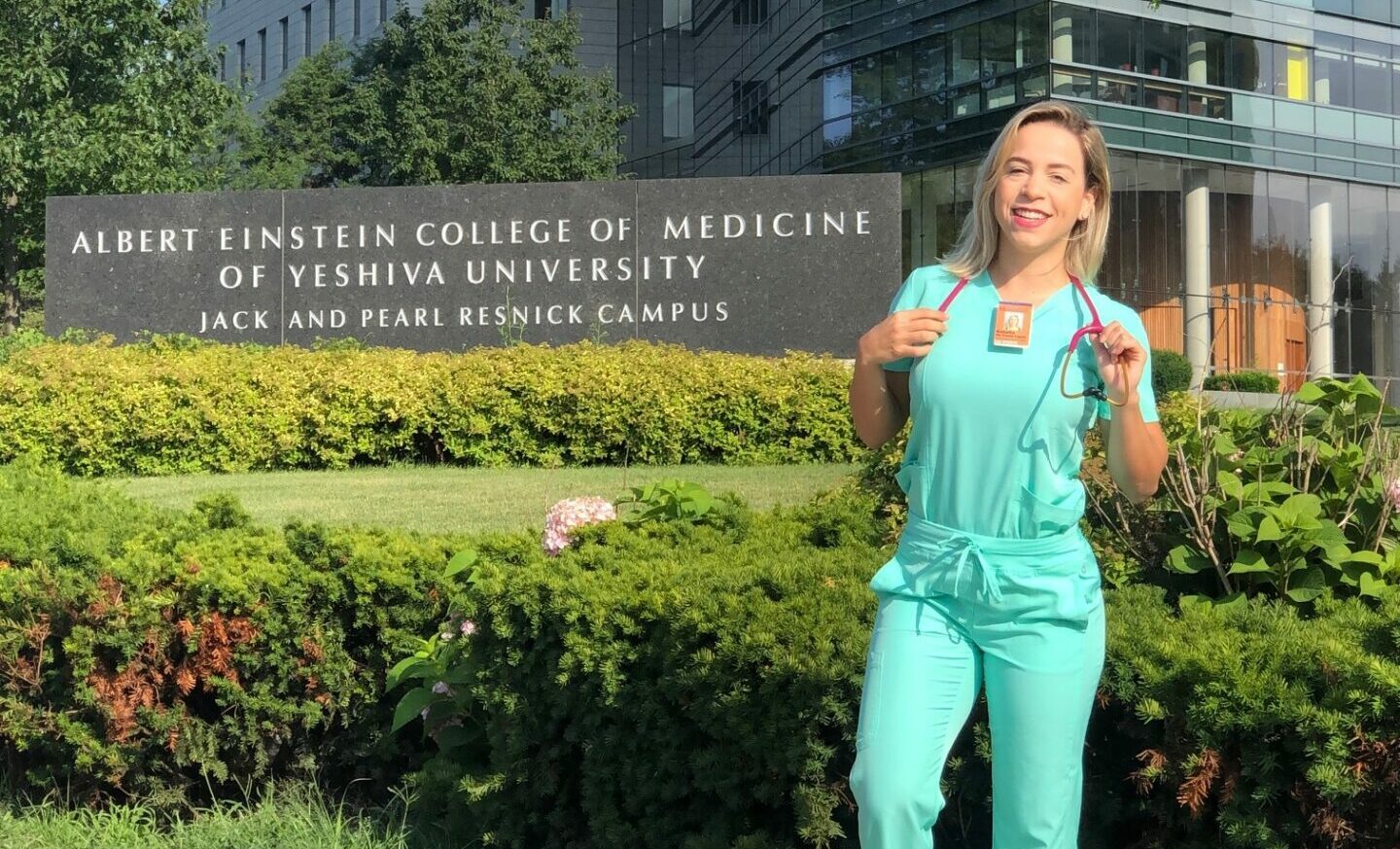Today the world honors World Mental Health Day by raising awareness of the social stigmas of mental health, advocating against those stigma, and championing the importance of mental health education.
Due to the efforts of mental health advocacy groups, the stigmas around mental health are declining. However, in the healthcare world, lingering stigmas and poor pay are still cause for medical trainees to avoid specializing in fields related to mental health, such as psychiatry. This has led psychiatry to become one of the most understaffed fields of medicine and the field facing among the gloomiest retirement funnels.
The Successes of Mental Health Advocacy
In the last decade, stigmas against mental health have significantly declined. Alongside the growth of alternative means of receiving mental healthcare, this has led to a boom in patients seeking treatment for their mental health needs.
Where the largest successes in decreasing mental health stigmas has come in addressing public stigmas. Research has shown that knowing someone with a mental illness is the best aid against stigmas and discrimination. Efforts to reduce stigma and discrimination has been most successful on the population, rather than personal level. Celebrities such as Adele, Demi Lovato, Kevin Love, and Dwayne “The Rock” Johnson, and Beyonce have all opened up about their own mental health journeys. This has created a wide-reach reaching net for people to relate to others with mental illness, even if they do not know (or are not aware they know) someone in their personal life.
The Benefits of Education
While these successes of mental health advocacy efforts are nothing but positive, there still remain stigmas at the institutional level. Because of this, the need for psychiatry graduates remains in high demand.
Addressing institutional stigmas is no easy feat. Research shows that institutional stigmas and discrimination go beyond misconceptions of mental health, but are embedded in institutional policies. Because of this, public perception of mental health–whether at the personal or population level– does little to de-stigmatizing the institution. Instead, studies show that various educational approaches are effective foundational steps toward institutional policy change. For medical students and trainees, no matter their intended specialty, psychiatry rotations provide these education experiences.
Because of staffing shortages in the field of psychiatry, efforts to cross-train other specialist in psychiatry have already begun. AMOpportunities’ mission is to address these staffing shortages by making medical education more accessible for students. AMO offers 18 psychiatry rotations in nine states.
Find your psychiatry rotation today at app.amopportunities.org







Leave A Comment